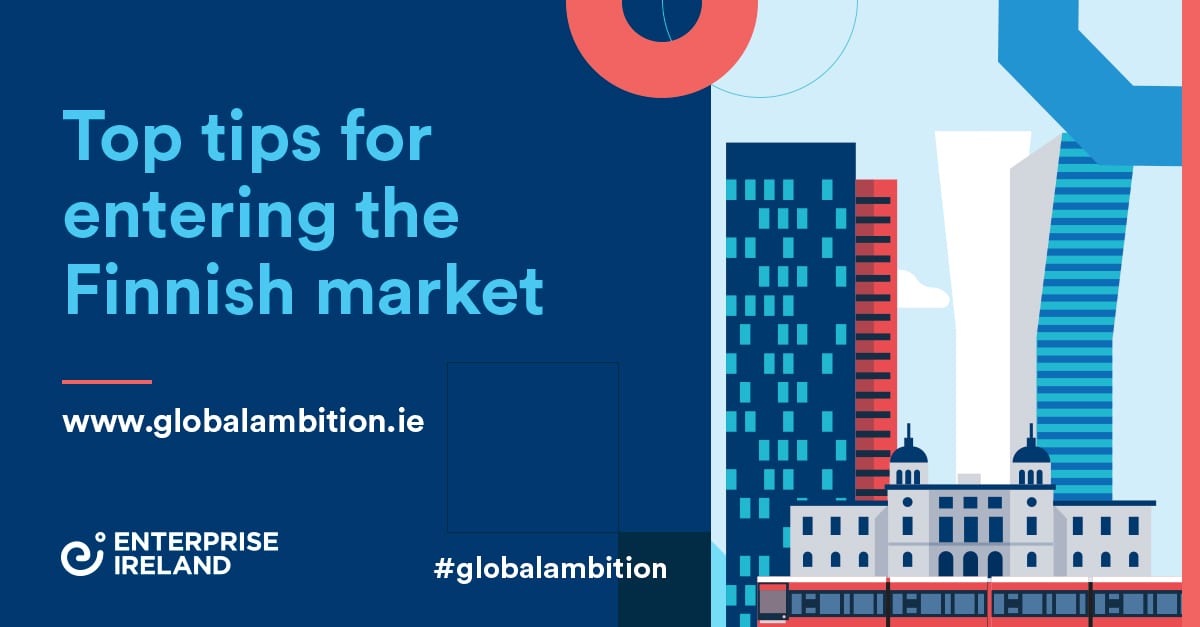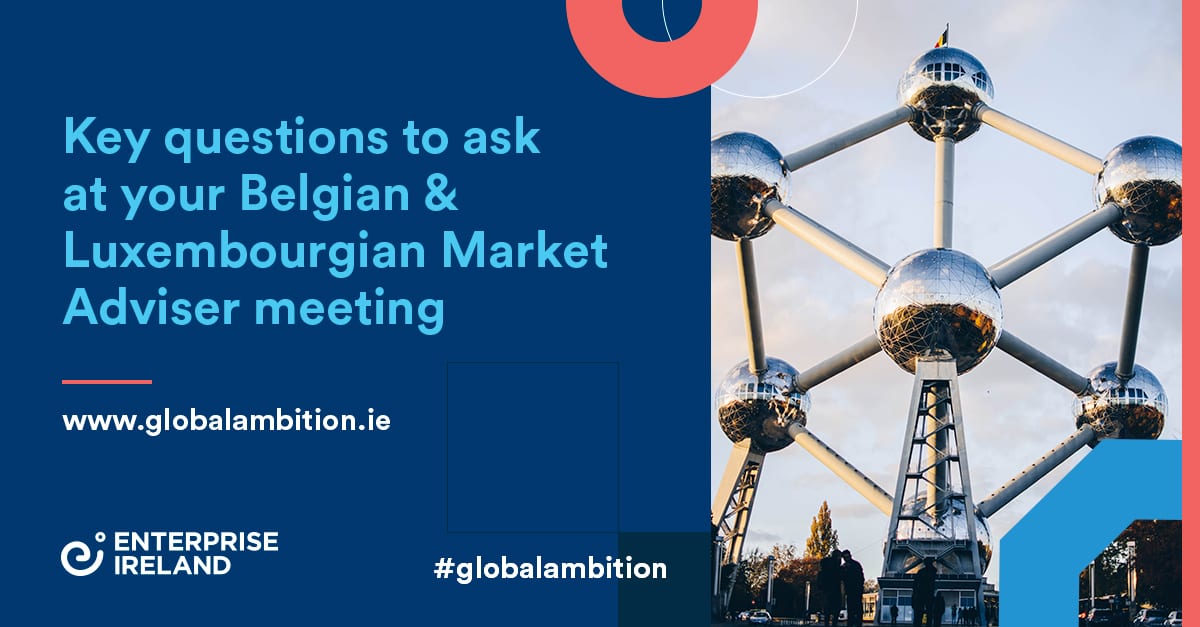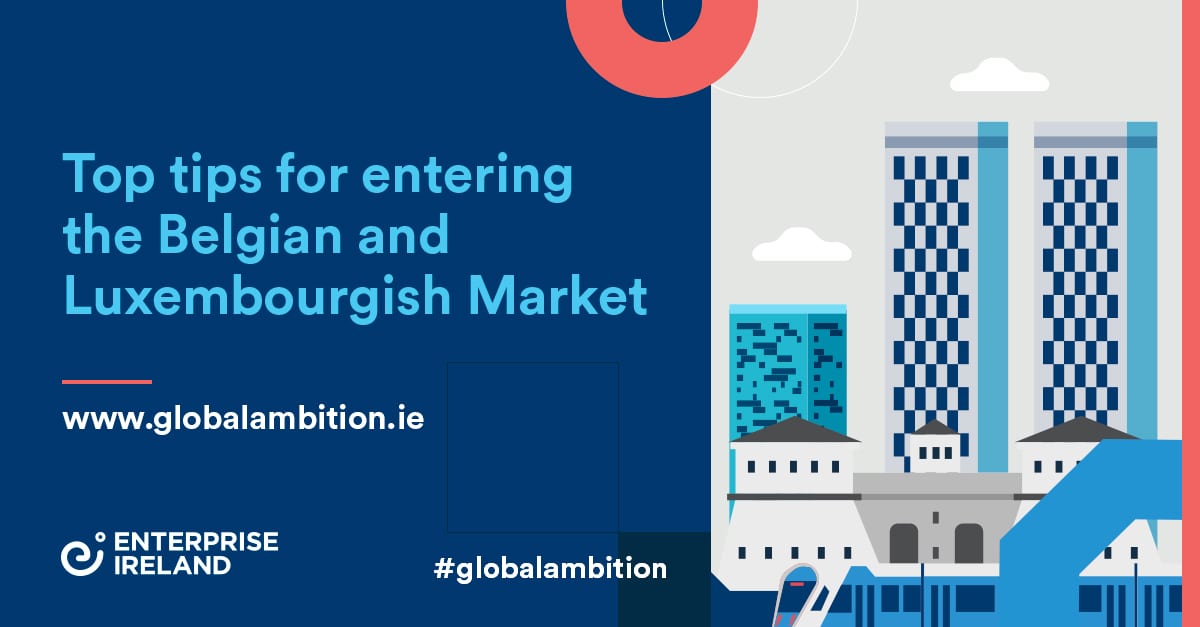Irish beauty brands in the global spotlight at Cosmoprof
Around the world, Ireland has a strong brand reputation for high quality, natural, sustainable products in multiple sectors. That is particularly true of beauty and cosmetics, a sector in which many Irish entrepreneurs are rising.
For the first time, Irish beauty and cosmetics companies will be showcased at a national pavilion at Cosmoprof Worldwide in the Italian city of Bologna next March.
This is the largest beauty trade event in Europe and one of the leading trade shows for the sector in the world, explains Rachael James, Senior Development Adviser, Retail, Consumer & Online, Enterprise Ireland.
With 220,000 visitors and more than 2,700 exhibitors from 70 countries, Cosmoprof is considered to be the meeting ground for sourcing new buyers, scouting distributors, and gauging competitor activity.
“For Irish brands with international ambition, it’s undoubtedly a valuable opportunity to position themselves in front of buyers and alongside best-in-class European counterparts,” says James.
“While some Irish brands have exhibited individually at Cosmoprof in the past, this is the first time they will be curated together as part of a high-impact national pavilion, which will undoubtedly attract high footfall at the event.”
Digital and in-store sales powering growth
The Cosmoprof pavilion is another stepping stone in the stellar growth of the Irish beauty and cosmetic sector, which saw double-digit growth in both sales and exports in 2021.
Much of this growth has been driven by digital tools powering online sales, but Irish brands are increasingly securing shelf space in international retail chains and opening their own stores.
On the back of significant online sales, natural ingredient and science-driven skincare company Pestle & Mortar (founded by Sonia Deasy) has recently opened in Kildare Village.
Similarly, Fragrances of Ireland, which continues to supply a growing digital audience and premium USA stores, has also opened a new sea-inspired flagship Inis store in the upscale resort of Huntingdon Beach, south of Los Angeles.
Another young company, Sculpted by Aimee Connolly, has achieved significant success selling into Boots stores across the UK and has recently opened its own store in Dublin’s Grafton Street.
Other vibrant younger Irish brands leading the way include Skingredients, founded by entrepreneur and skin guru Jennifer Rock, along with Nunaia, Ella & Jo Cosmetics, Nutramara and Frances Prescott.
“Likewise, we’re seeing strong growth by companies such as The Kind Brand Company (TanOrganic and VeganTan), The Handmade Soap Company, The Burren Perfumery, VOYA and Green Angel,” adds James. “They’re all leading the way in the field with impressive growth and exports to multiple markets.”
All these brands are characterised by a commitment to quality and excellence in terms of ingredients.
Supporting growth in uncertain times
At Enterprise Ireland, we are working to build a collaborative environment for these companies to scale further internationally, and their success is growing, despite ongoing market uncertainty and global issues.
“Health and beauty, like every other sector, faces unprecedented challenges, including difficulties around supply chain and logistics, inflation, higher ingredient costs and staffing challenges,” says James.
“The client companies we work with in this sector strive to become lean, more digital and more sustainable so as to remain competitive.”
Digital development is high priority
Key priorities for many of these firms include developing and investing in digital delivery channels, which are vital to exporting and the need to offer sustainable products and packaging, with the company ethos informing that work.
“Through Enterprise Ireland supports, our clients are developing their digitalisation roadmap,” says James. “They’re optimising their e-commerce platforms and using automation where appropriate to reduce operational costs and further enhance their client experience, whether they are selling to businesses or consumers.
Enterprise Ireland gives global support
Our network of 40 overseas offices actively supports clients as they embark on entering new markets, helping with market discovery and research, making introductions and bringing buyers to Ireland. We also always advise clients to make full use of Enterprise Ireland’s Market Research Centre in Dublin too.
On the ground, the efforts to develop the national pavilion at Cosmoprof are being led by Enterprise Ireland’s Roberta Di Gesu’ in Milan, Jane Greene in Dusseldorf and our director in Italy, John Roche. The Enterprise Ireland global teams are also working to bring buyers to the event to meet our client companies.
“Cosmoprof 2022, held earlier this year, was the first physical Cosmoprof since the pandemic, and it ultimately proved to be a fundamental step in restoring confidence in the entire beauty sector and confirmed the event’s importance globally,” said Di Gesu’ from Enterprise Ireland’s Milan office.
“Cosmoprof is by far the most important sectoral trade show for beauty and cosmetic enterprises in Europe,” she added. “Companies attending will have the opportunity to meet with representatives from newcomers, established brands, retail chains, online marketplaces such as Amazon, and international agents and distributors,” she added.
If you’re interested in exhibiting at the Ireland pavilion at Cosmoprof (March 16 to 18), please get in touch with rachael.james@enterprise-ireland.com.






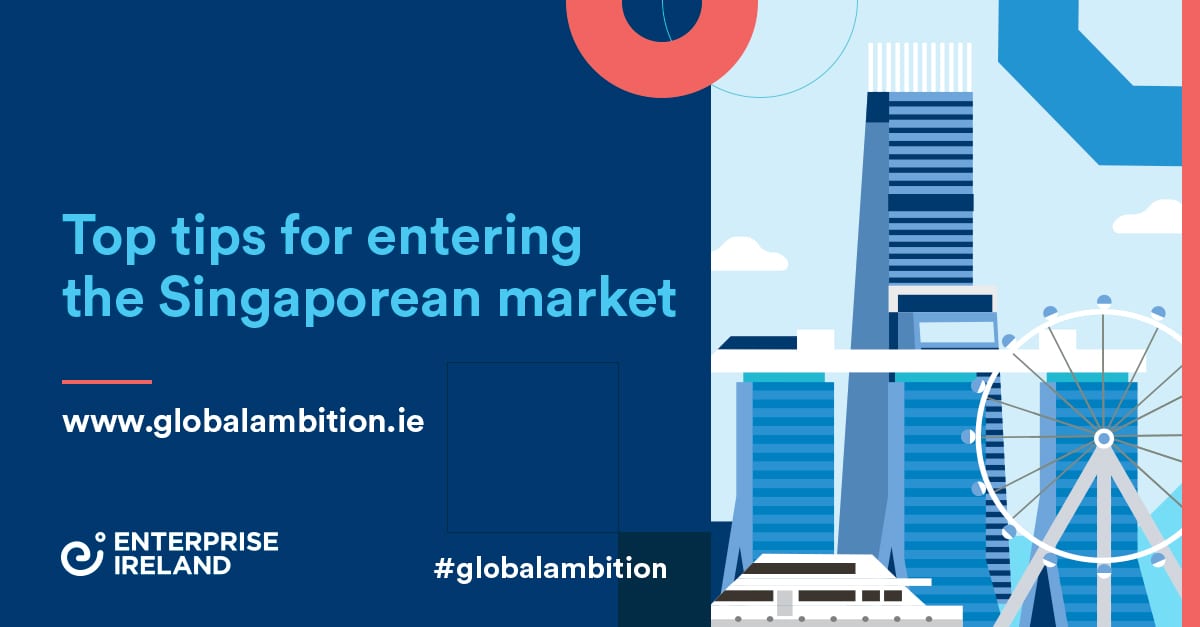

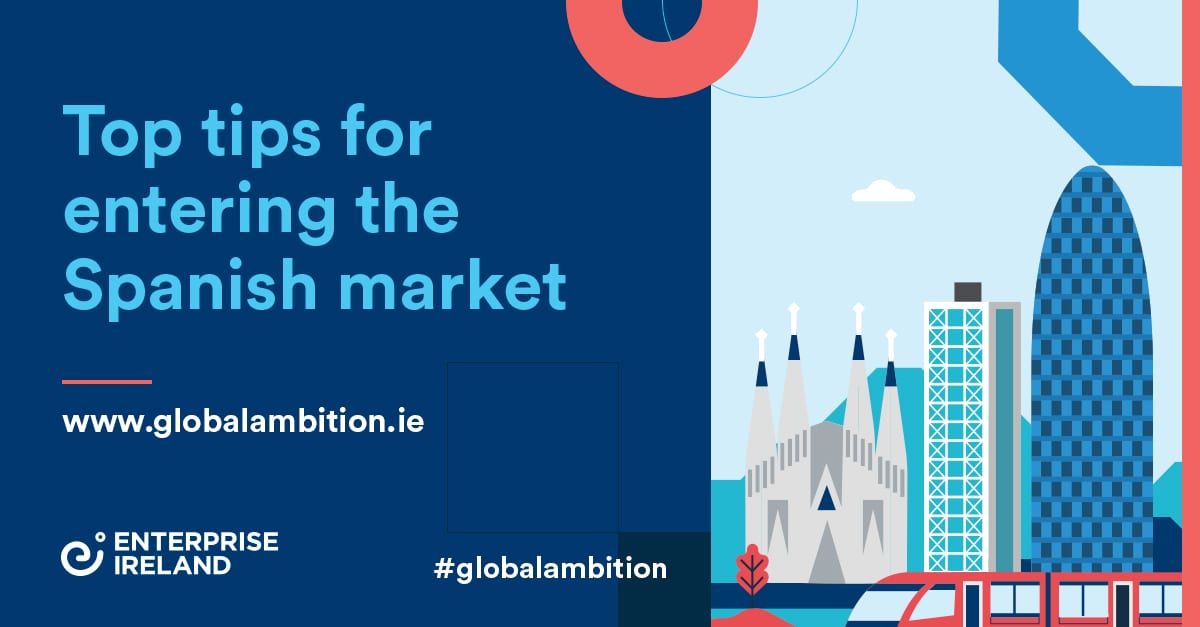
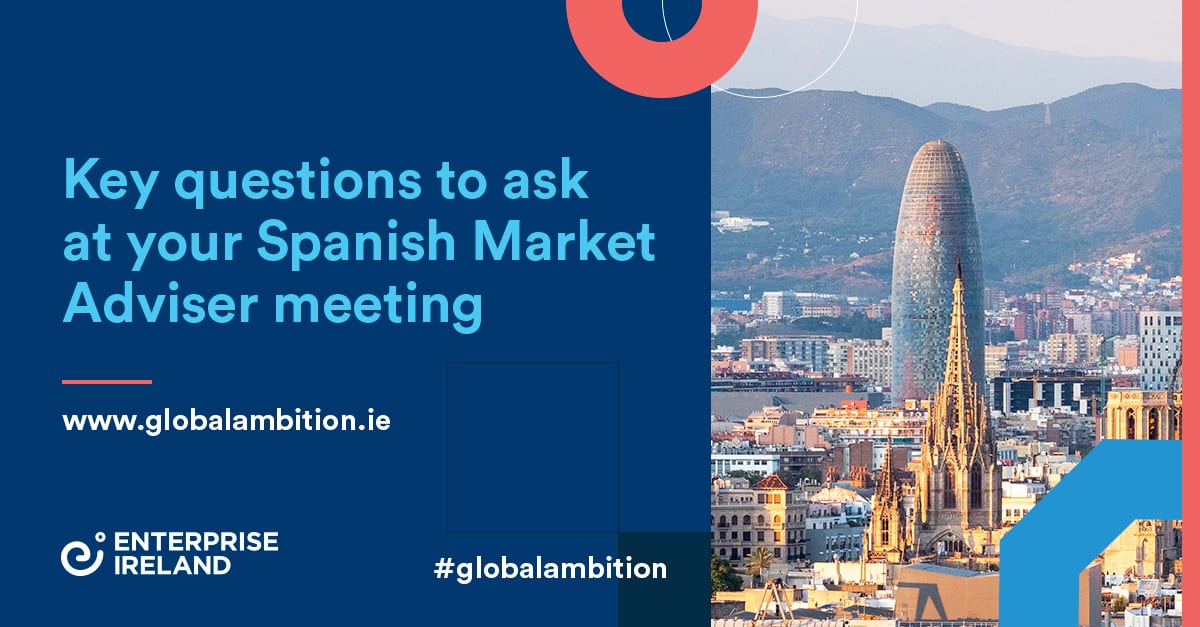

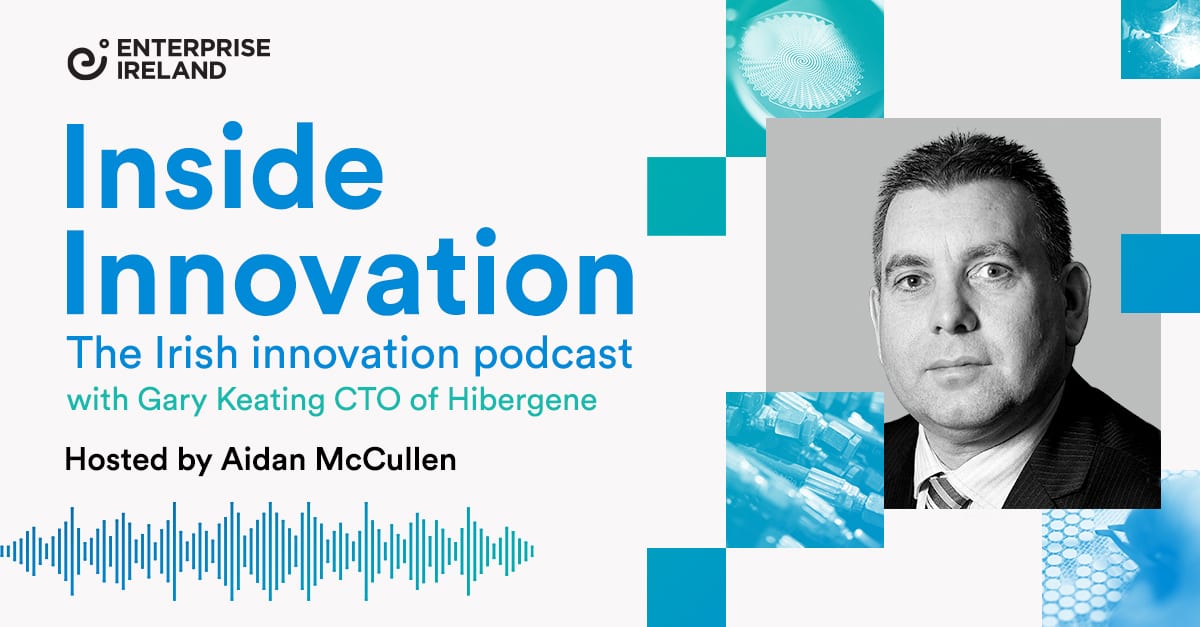

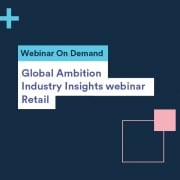
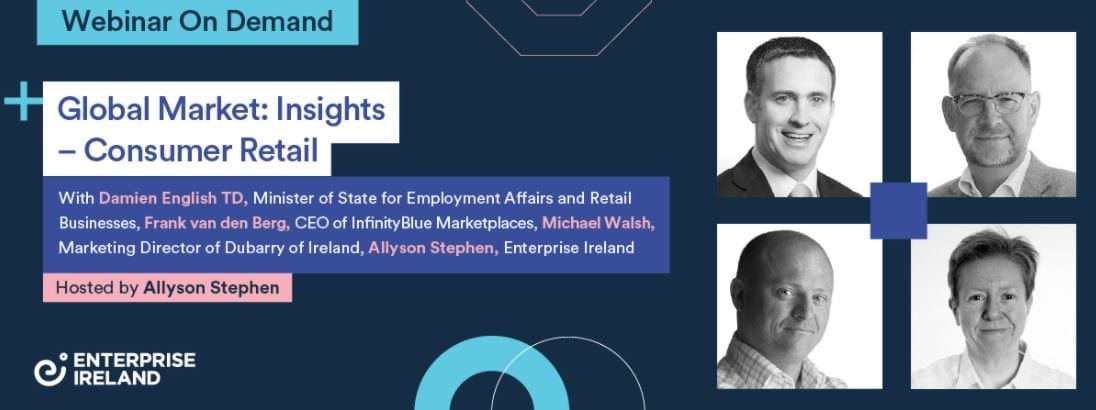


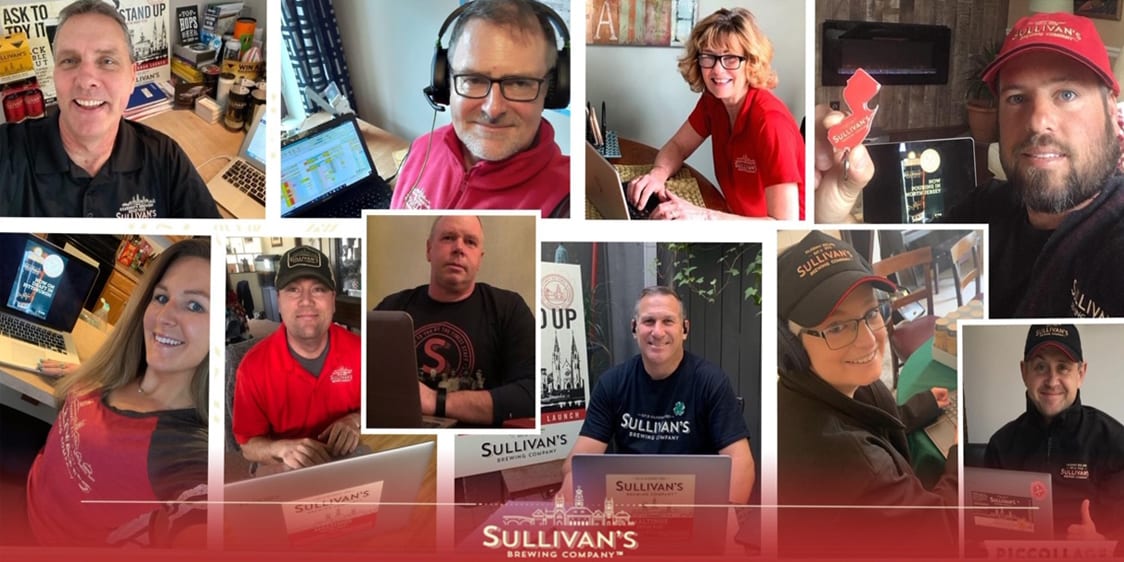 Alan Quane, Group CEO of Sullivan’s Brewing Company, speaks about continuing to grow during difficult circumstances and building an international brand
Alan Quane, Group CEO of Sullivan’s Brewing Company, speaks about continuing to grow during difficult circumstances and building an international brand
